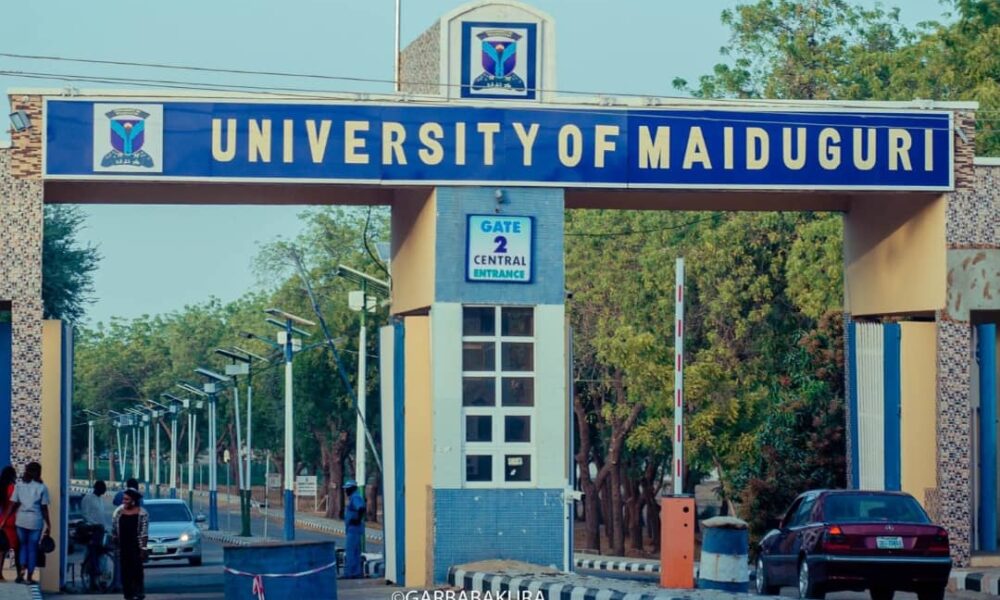In Nigeria, the pursuit of academic excellence often meets an enduring challenge: the unpredictable and unreliable supply of electricity. This issue is particularly acute in the country’s universities, where power outages frequently disrupt teaching, research, and administrative activities. The impact of this electricity conundrum extends far beyond inconvenience, shaping the daily lives and aspirations of students, faculty, and staff alike.
The Power Deficit
Nigeria, despite being Africa’s largest economy and a major oil producer, grapples with a chronic energy deficit. This paradox is starkly evident within its educational institutions. Universities, which are meant to be bastions of knowledge and innovation, often struggle with basic amenities like consistent electricity supply. The power grid’s unreliability means that campuses frequently rely on generators as stopgap measures. However, even these are prone to breakdowns, fuel shortages, and maintenance challenges.
Impacts on Academic Life
The ramifications for academic life are profound. Lectures interrupted by sudden blackouts disrupt the flow of learning. Research activities dependent on uninterrupted power suffer setbacks, affecting timelines and outcomes. Libraries, essential for study and research, often face closures due to lack of electricity. In a digital age where access to online resources is crucial, these disruptions hinder students’ ability to access information and engage effectively with their studies.
Administrative and Operational Hurdles
Beyond the academic sphere, administrative and operational functions are equally affected. Offices responsible for admissions, examinations, and student services are hampered by unreliable power, leading to delays and frustrations for both staff and students. The maintenance of campus infrastructure itself becomes a challenge, as facilities such as laboratories, computer centers, and even basic amenities like street lighting struggle to function optimally.
Innovative Solutions and Initiatives
Despite these challenges, Nigerian universities have shown resilience and innovation in addressing the electricity conundrum. Some institutions have invested in renewable energy solutions such as solar power to supplement grid electricity and reduce dependence on fossil fuels. Collaborations with private sector partners have led to initiatives aimed at improving energy infrastructure on campuses. Furthermore, academic research into sustainable energy practices has gained traction, fostering a new generation of experts and ideas aimed at tackling the country’s energy issues.
Government and Policy Imperatives
However, sustainable progress requires a concerted effort from all stakeholders, including the government. Policy frameworks that prioritize energy infrastructure investment in educational institutions are crucial. Effective regulation and oversight can ensure that these investments translate into tangible improvements in electricity reliability. Moreover, partnerships between government agencies, universities, and the private sector can facilitate knowledge sharing and resource allocation aimed at achieving sustainable solutions.
Looking Ahead
The path forward for Nigerian universities involves a multifaceted approach: embracing technological innovations, advocating for policy reforms, and fostering collaborations that prioritize sustainable energy solutions. At its core, addressing the electricity conundrum is not just about ensuring the lights stay on; it’s about empowering a new generation of scholars and leaders who can drive Nigeria’s socio-economic development forward.
As the country continues to navigate these challenges, the resilience and ingenuity of its universities stand as a testament to the power of education in overcoming adversity. With concerted efforts and strategic investments, Nigeria’s universities can rise above the electricity conundrum and reclaim their role as engines of progress and knowledge creation in Africa and beyond.








Impressive 👍.